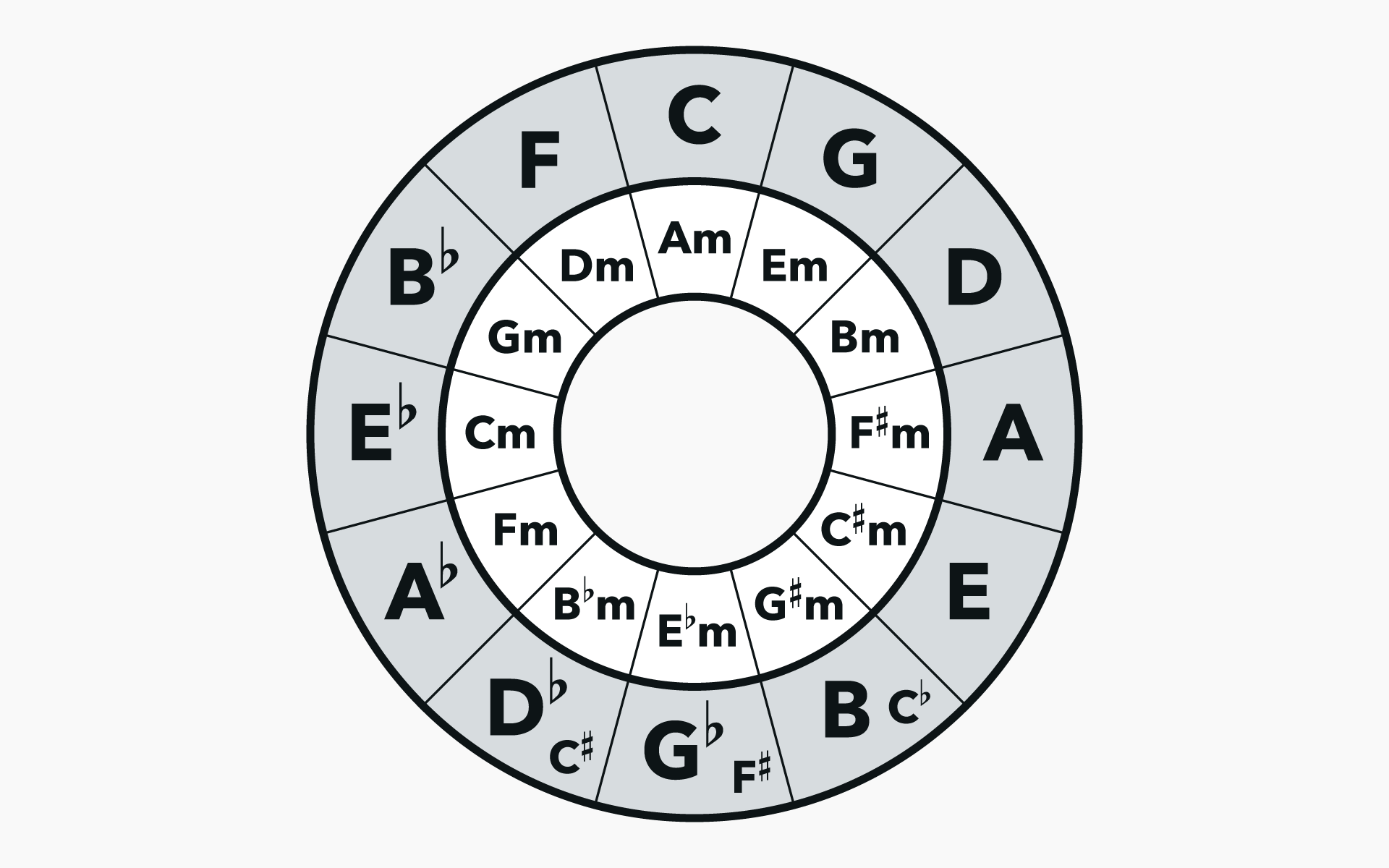It takes more than passion and a world-class education for a successful career in the field of music. You’re also going to need to develop some world-class healthy habits.
From protecting your voice to safeguarding time for creative exploration, here are five essential habits to help you rise above the competition and achieve your ambitions in the fields of music production, the business of music, singing and instrumentation, music arranging, songwriting, and music composition.
1. Protect Your Voice
If your passion is vocal arts, there are a number of essential habits you need to adopt to protect and maintain your voice. (By the way, most of these are also great healthy habits for anyone in the field of music!)
The following tips come from Michael J. Pitman, MD, an internationally recognized expert on care of the professional voice and Chief, Division of Laryngology at the Columbia University Medical Center and Director of the Voice and Swallowing Institute of Columbia Doctors.
Drink Water
A lot. You should have at least eight to 10 glasses of water per day to maintain your vocal cords. Water thins mucus and keeps vocal cords lubricated. When mucus is thick, you experience friction, which can cause vocal cord trauma. Caffeinated beverages work against you here—water is best! It also helps to add a humidifier in the room where you sleep.
Don’t Sing Cold
Whether you’re preparing for an audition or a performance or just singing in the home studio, it’s essential that you warm up your voice. Just like a runner stretches for a race or a training run, you need to prepare your vocal cords to protect them. Because your vocal cords are soft tissue, they need to be warmed up not only to prevent trauma, but to produce the very best sound. Warm ups should become an everyday habit.
Take a (Voice) Nap
Just like your body, your vocal cords sometimes just need a breather! Carve out time every day to rest your vocal cords to let them heal.
Get Some Sleep
The reality is most of us don’t get as much sleep as we need, and our bodies require sleep to rejuvenate and heal. Your voice is no exception! A lack of sleep can affect your voice a number of ways. First, a sleep-deprived body has trouble controlling and using breath properly. In addition, fatigue often leads to hoarseness, and singing while hoarse can traumatize your vocal cords. Plus, when we’re tired, we tend to turn to caffeine, which has a dehydrating effect on the body.
Don’t Smoke Anything
Smoke is an irritant that can cause your vocal cords to swell. Smoking can also trigger acid reflux, which is also an irritant to the delicate vocal membranes. Second-hand smoke can also be damaging to your vocal cords.
Learn Proper Technique
Vocal training from reputable music schools is essential to maintaining your voice over a lifetime of use. Proper education in vocal work strengthens your voice and allows you to sing longer, louder, more frequently, and without tiring out.
2. Practice Mindfulness
What does meditation have to do with musicianship? More than you’d think! Recent research has looked into the benefits of a mindfulness practice for people with careers (or hobbies) in the field of music.
What is “mindfulness?” At its simplest, a mindfulness practice is merely taking time each day to just experience the present moment. Some people meditate, some do yoga, some practice the more modern approach called Mindfulness-Based Stress Reduction, and some people simply sit in silence for a few minutes a day.
And while mindfulness may have its roots in Buddhism and spiritual practices, today mindfulness is being extensively studied for its many benefits for our health, mental well-being, and ability to achieve our goals.
One 2014 research review looked at 27 studies in the field of music and mindfulness, specifically analyzing mindfulness and its role in anxiety, music performance, music listening, and music therapy.
Some of the most promising results were for musicians’ ability to tackle performance anxiety with a mindfulness practice. According to the study’s authors, “The effects of meditation on MPA [music performance anxiety] were first reported in 2003, showing a significant decreased anxiety trait in music performers.”
In addition, early data indicates that a mindfulness practice could also help to improve the quality of a musician’s actual performance, in addition to helping them to manage stage fright. As an added benefit, it appears that a yoga practice may even help musicians undo some of the damage their bodies experience from repeated performance.
3. Learn to Use (and Sometimes Ignore) Constructive Feedback
No matter what your career is in the music industry or what your professional goals are, one habit you need to develop sooner than later is a healthy approach to constructive feedback.
Whether you like it or not, a job in music will certainly expose you to routine constructive criticism from within your professional circle and outside of it (not to mention unsolicited critique online and through social media).
How to handle the onslaught of input from others? A few key tips will help you maintain poise and get the most from constructive criticism.
First of all, you need a mentor (or a handful!). By developing a relationship with a trusted advisor in your field, you create a channel for the type of feedback you need and can use. It’s a lot easier to grow through advice when you’re getting critique that you value from someone you trust. Even music professionals at the top of their field maintain relationships with mentors to help them grow. Find someone you trust and be willing to hear their ideas for growth.
Next, it’s important to learn to “file away” certain types of feedback. Perhaps the critique is good advice, but not well-timed for where you are in your creative process or career path. Find a way to mentally or physically store good ideas for a later day. This allows you to accept input graciously, then find a way to take advantage when the time is right for you.
Perhaps the feedback is really just identifying a skill you need. As technological advances continue to accelerate, it’s likely that those in your field may mention abilities or assets missing from your professional repertoire. Staying abreast of today’s newest trends and tools at an online music college will help you take full advantage of the needs and opportunities identified through constructive feedback.
Lastly, you have to learn to cut through the noise. Not every bit of advice is worth heeding. Just like you need to develop your ear for music, you also need to develop an ear for criticism. If the feedback doesn’t feel true to you, if it doesn’t resonate, sometimes the best habit is to tune it out and focus on your own growth.
4. Manage Your Time
A busy career in music, school, a home to manage, a family, a social life… It’s a lot to juggle!
One of the keys to surviving a career in the fast-paced world of music is a focused habit of time management. You’ll need to take active steps every day to fit it all in and see success in your chosen strand of the field of music.
First of all, get a tool! Assuming you use a smartphone, a tablet, or a computer, there’s no reason you should be juggling schedules or to-do lists in your head. Boundless built-in and for-purchase apps can help you maintain calendars for all of the separate areas of your life, set notifications, create and manage daily tasks, and even capture moments of inspiration when you’re away from home.
Also, as someone in a creative field, you need to think of your productive time as two separate tasks – meaning, you need to carve out time to create and time to communicate.
To keep inspiration flowing and to allow the creative process to unfold, it’s important that you disconnect from your communication devices. The constant interruption of texts, emails, and phone calls are creativity killers. Be sure you set aside dedicated time each day to focus on creative endeavors, and a separate slot of time or two to tackle the influx of digital communication necessary for a career in music.
Lastly, learn to say no! Once you’ve developed the tools to track tasks and manage time, you need to learn to only put energy into opportunities that feed your art, advance your career, or make your soul sing. It’s easy to feel pulled in many different directions – “No” can be a valuable skill in honoring commitments while preserving time to create.
5. Never Stop Learning
Whether you’re just starting out your career in music or you’re a seasoned veteran, the most important habit is to never stop learning.
Daily advancements in music technology mean that your skills need constant honing and updating. Continuing your education at a school with a strong music business or music production degree program (such as Berklee!) will allow you to stay on top of today’s newest tools of the trade.
Plus, as you work your way up from internship or apprenticeship to entry-level roles in the field of music, it’s essential that you keep learning to create opportunities to advance in your field. Employers will be looking for the right education and a knowledge of ever-changing technology in their applicants.
Whether your passion is the business of music, music production, songwriting, playing an instrument, or even music theory, a music degree helps to ensure that your skills and knowledge base are a good match for the opportunities available in your chosen field.
Lastly, keep in mind that there’s incredible creative inspiration in continuing education. A healthy habit of learning will fuel your lifetime commitment to music!
With fully online courses, certificate programs, and undergraduate and graduate degree programs, Berklee Online makes it easy to continue your musical education. Explore our offerings today.












